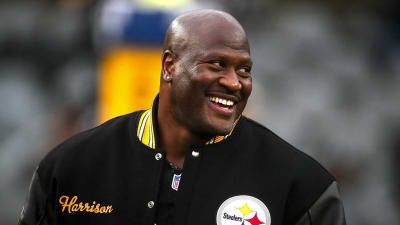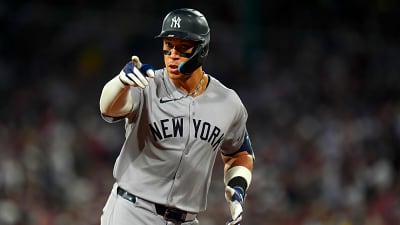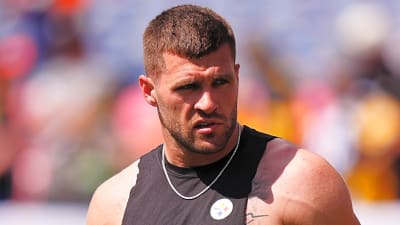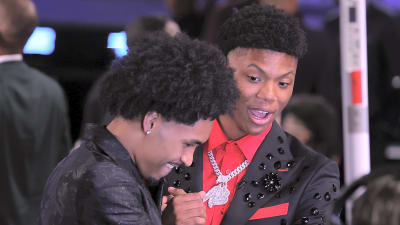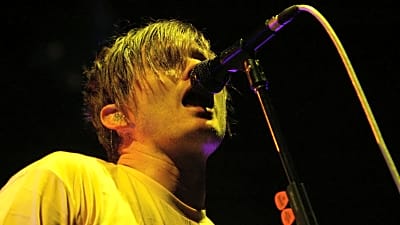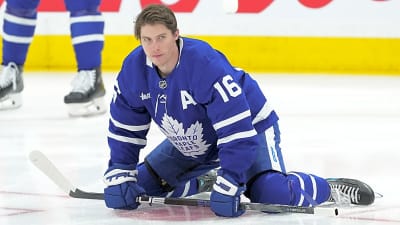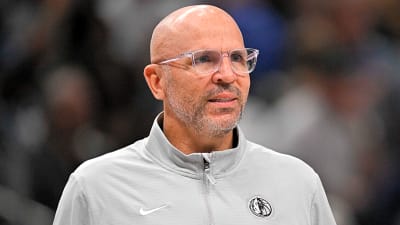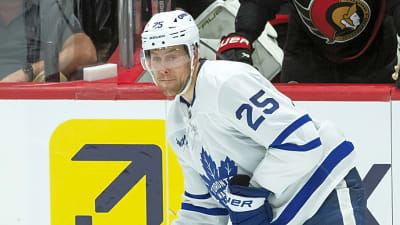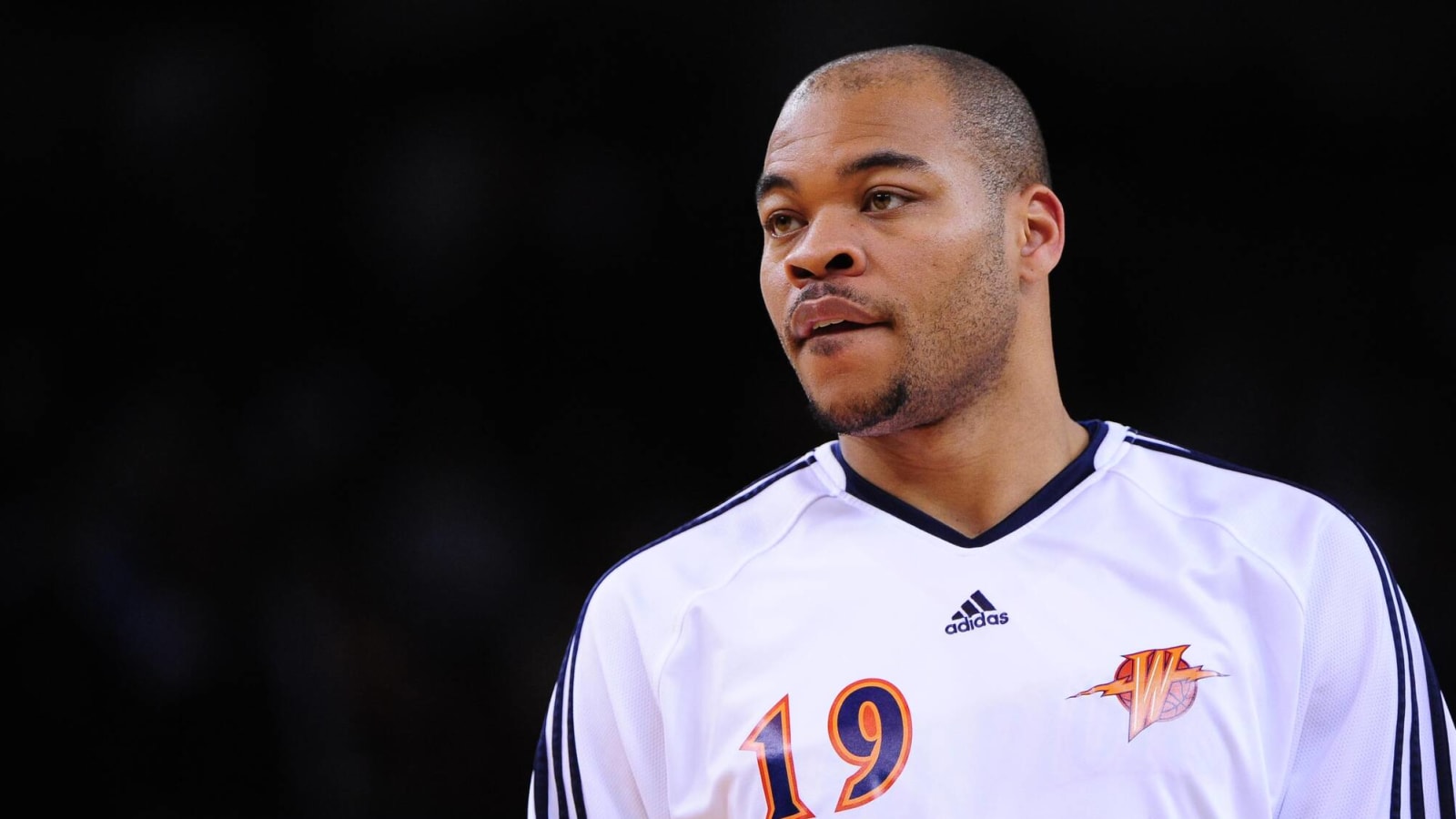
On the podcast 'Forgotten Seasons,' Devean George shared insights into the challenges of playing alongside Shaquille O'Neal and Kobe Bryant during his time with the Los Angeles Lakers. George highlighted the difficulty of finding a rhythm and making the most of limited opportunities on a star-studded team.
"It's hard because we may get four attempts. That's hard, you gotta make two or three of them attempts. You're not getting no rhythm."
"I may get a shot first quarter, none second quarter. I may get two shots third quarter, and maybe another two, four. You gotta make them count. So it's hard."
"It's easy to say, okay, if I get 10, 12 shots to get my rhythm, if I'm going 2 for 12, then that's something different. But we were going 1 for 4, 0 for 3. Like, that's tough to get them when you get them to make them count. And people only see the box scores."
George’s reflections offer a glimpse into the unique pressures faced by role players on teams dominated by superstars. With O'Neal and Bryant commanding much of the offensive load, other players had to make the most of limited scoring opportunities. This often meant facing long stretches without a shot attempt, making it challenging to find consistency and rhythm.
Despite these challenges, George made valuable contributions to the Lakers, averaging 6.0 points, 3.3 rebounds, and 1.0 assists over his seven seasons with the team. He played a crucial role in the Lakers' three-peat, winning championships in 2000, 2001, and 2002.
Interestingly, in the past, Tyronn Lue, who was also part of the Lakers squad, narrated a shocking story about Shaquille O'Neal allegedly bullying Devean George, claiming that "he sh*ts in his shoe." However, George has refuted these claims, asserting that Shaq never did anything of the sort.
His experiences underscore the demanding nature of playing alongside legends like Shaq and Kobe, where the spotlight and scoring chances are sparse, and every opportunity must be maximized. George’s insights shed light on the behind-the-scenes realities of maintaining performance and contributing to a championship-winning team, even when playing in the shadows of all-time greats.
Devean George On Lakers' Dark Days In 2005 And 2006
In the podcast "Forgotten Seasons," Devean George shared his perspective on the dark days of the Lakers in 2005 and 2006. Reflecting on that tumultuous period, George provided a candid account of the challenges the team faced.
"The organization, it was a different organization. It was definitely starting over. It was definitely a rebuilding. There was nothing that I recognized that year. We were losing the culture, guys showing up late, young guys arguing."
"It was just no structure. It was just chaotic. And that was just something I'd never recognized because we were all so disciplined, but also structured. It was a pecking order. Older guys talk, young guys, we kind of spoke along."
"We all kind of knew our roles. We all knew lines across. It was just everything. Guys fighting, coming, coming to the locker room, guys arguing. It was a mess. Guys not passing the ball to each other. Just no structure. No nothing. So it was tough." (4:10)
The Lakers' struggles began after trading Shaquille O'Neal following the 2004 NBA Finals. Their next two seasons were extremely challenging. Phil Jackson, who had been instrumental in their previous successes, was fired in the offseason, leaving the team vulnerable and without its guiding force.
During the 2004-05 season, the Lakers finished with a disappointing 34-48 record, missing the playoffs for the first time in 11 years.
The subsequent 2005-06 season saw Phil Jackson return as head coach, and Kobe Bryant delivered one of the most remarkable individual performances in NBA history, including his iconic 81-point game. Kobe averaged 35.4 points, 5.3 rebounds, and 4.5 assists that season but lost the MVP award to Steve Nash.
Despite Kobe's heroics, the Lakers finished the regular season with a 45-37 record, earning the 7th seed in the playoffs. They faced the Phoenix Suns in the first round and, despite taking a 3-1 series lead, ultimately lost in seven games.
George left the Lakers at the start of the 2006-07 season to join the Dallas Mavericks as a free agent. The Lakers had another mediocre season, finishing with a 42-40 record and again losing to the Suns in five games in the first round of the playoffs.
However, the Lakers' fortunes began to change in the 2007-08 season. The team re-signed Derek Fisher and acquired Pau Gasol in a trade. Kobe Bryant won the MVP award that year, and the Lakers finished first in the Western Conference with a 57-25 record. Although they fell to the Boston Celtics in the NBA Finals in six games, it marked the beginning of a resurgence.
The 2008-09 season saw the Lakers win 65 games and capture the NBA championship by defeating the Orlando Magic in five games. The following season, the Lakers finished first in the West with a 57-25 record and won their second consecutive championship, defeating the Celtics in a thrilling seven-game series.
George's reflections highlight the stark contrast between the Lakers' struggles in the mid-2000s and their subsequent return to glory, underscoring the resilience and perseverance required to rebuild a championship-caliber team.
Devean George Says Lakers Would've Beat 2004 Pistons If Karl Malone And Horace Grant Were Healthy
In the same podcast, Devean George reflected on the 2004 NBA Finals, where the Lakers faced the Detroit Pistons. George emphasized the critical role that injuries to key players Karl Malone and Horace Grant played in the Lakers' defeat.
"I think Karl and Horace were hurting. And Rasheed was just, he was too much. 7-foot shot, man. And Rasheed was, you know, he's a baller. So yeah, I think we could have at least balanced some of that out."
"And then really, Karl had us working with that triangle, because that was in his natural position. Once we figured out how he can just get it and cut and go, he was making them passes. We was cutting, getting shots. So I think the difference, it would have been different."
George pointed out that the absence of Malone and Grant severely hampered the Lakers' ability to compete effectively against the Pistons' formidable frontcourt, particularly against the versatile and dominant Rasheed Wallace. In the past, Wallace has commented on how the NBA changed the rules after the Pistons beat the Lakers in the 2004 NBA Finals, curbing the impact of Detroit's defensive tactics.
Malone, a crucial piece in executing the triangle offense, provided not only scoring but also playmaking ability that was integral to the team's strategy.
The Lakers had managed to integrate Malone's skills into their system, allowing him to utilize his passing and movement to create opportunities for teammates. George believes that if Malone and Grant had been healthy, the Lakers could have countered Wallace's impact and perhaps even altered the outcome of the series. An old breakdown of the NBA Finals from the past shows Malone getting the advantage.
The 2004 Finals saw the Pistons dismantle the Lakers in five games, with the series highlighting Detroit's cohesive defense and balanced scoring. For George, the injuries to Malone and Grant represented a significant what-if scenario, potentially changing the dynamics of the Finals and giving the Lakers a better chance to secure the championship.
More must-reads:
- What is Cooper Flagg's earning potential after being selected No. 1?
- Jazz continue unpredictable draft night with another trade
- The 'No. 2 NBA Draft picks' quiz
Breaking News
Trending News
Customize Your Newsletter
 +
+
Get the latest news and rumors, customized to your favorite sports and teams. Emailed daily. Always free!
